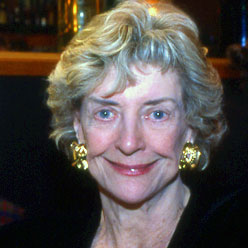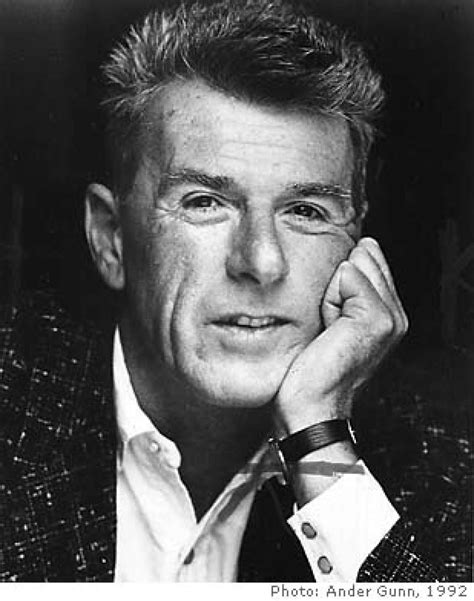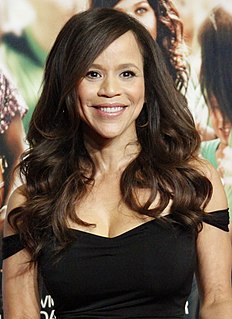A Quote by Jane Campion
If you read Keats's poems, they're often full of doubts and anxieties. They can be quite tough.
Related Quotes
I began writing poems when I was about eight, with a heavy assist from my mother. She read me Arthur Waley's translations and Whitman and Robinson Jeffers, who have been lifelong influences on me. My father read Keats to me, and then he read more Keats while I was lying on the sofa struggling with asthma.
I believe strongly in what John Keats called negative capability: the trait or practice that allows a poet to remain in uncertainties, mysteries, doubts, without any irritable reaching after fact & reason. For Keats, William Shakespeare exemplified negative capability, and I do think it's extraordinary that for all the thousands of pages Shakespeare left behind, we really don't know much about Shakespeare's own personality or opinions.
I think that the casual reader and the lyric and confession are trickily tied up together. I mean often when I read my students' poems my first impulse is to say, "O, the subject of this pronoun, this 'I,' is whatever kid wrote this poem." The audience for lyric poems is "confessionalized" to some extent. And I think this audience tends to find long narrative poems, for instance, kind of bewildering.
I don't spend time thinking about an aesthetic out of which I create or an ideal toward which my body of work is heading. It's amazing, when I read interviews with other poets, to see how articulately they discuss their own writing, as if they were sharing long-held theories on the work of Pope or Keats. I'm happy enough that I've poured the best of myself into the poems themselves.




































